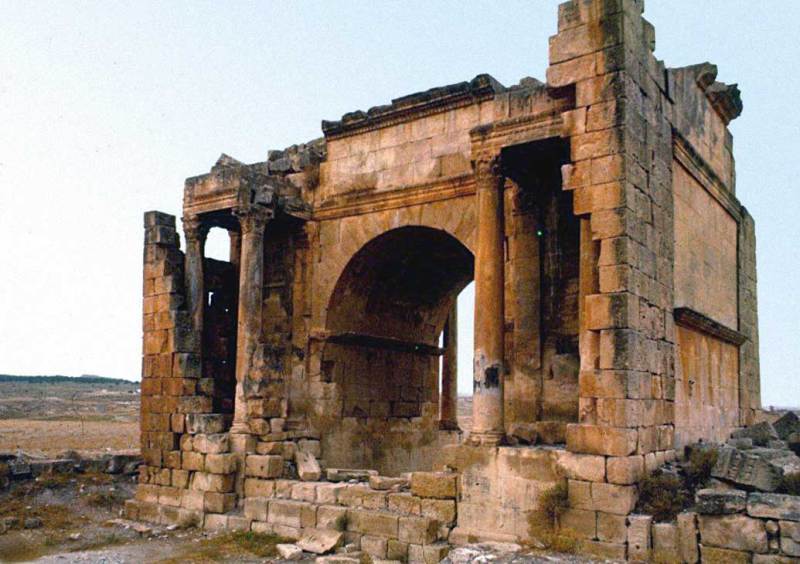
The short period of Byzantine rule in the province of Africa belies the region’s importance to the empire in the sixth and seventh centuries. Given Africa’s profound economic and strategic significance, the territory was also highly contested in the Byzantine period—between the empire, Berber kingdoms, and eventually also Muslim Arabs—as each of these groups sought to gain, retain control of, and exploit the region to its own advantage. In light of this charged history, scholars have typically taken the failure of the Byzantine endeavor in Africa as a foregone conclusion. This symposium seeks to reassess this pessimistic vision both by examining those elements of Romano-African identity that provided continuity in a period of remarkable transition, and by seeking to understand the transformations in African society in the context of developments in the larger post-Roman Mediterranean. The speakers will focus not narrowly on political and military affairs, but also on the material conditions of provincial life; the transitions between Byzantine, Berber, and Islamic rule, as well as continuities with the Vandal and late Roman past; and the continued integration of Africa into the Mediterranean world. The aim of this symposium is to create a new synthesis (for the first time since the publication of Charles Diehl’s L’Afrique byzantine in 1896) that draws together recent developments in the study of Byzantine and early Islamic Africa as a region. The symposium will be interdisciplinary in its approach, and speakers will consider not only the evidence that the textual sources provide, but also the archaeology, art, and architecture of the region, as well as other aspects of its material culture.
Among the questions that speakers will address are Africa’s place in the changing world of the early medieval Mediterranean; transformations in the character and functions of Africa’s cities between the sixth and the eighth century; rural settlement and agricultural production; and evidence for continuity, change, and rupture in both urban and rural settlement patterns in the Byzantine and early Islamic periods. Speakers will also consider continuities with the late Roman and Vandal past as well as the institutional and economic ties that bound together Africa as a region and linked it to the rest of the empire, including theological controversy and the role of the Church in African society; the military defense of Byzantine Africa; the economic connections between African cities and their rural hinterlands; and the role of long-distance exchange in joining Africa to the larger Byzantine and Mediterranean economy. Finally, speakers will confront the difficult question of African identities in the Byzantine and early Islamic periods by examining Africa’s literary and artistic production, the nature and impact of the early Islamic conquests, and the solidification of a Berber identity as an alternative to both Byzantium and the Arabs. Taken together, these papers will help illuminate the larger transitions in the Mediterranean world as a whole between late antiquity and the early middle ages.
This symposium aims to bring together an international group of highly-respected researchers from North Africa, North America, and Europe, including both well-established and emerging scholars, to consider the ways in which the imperial legacy was re-interpreted, re-imagined, and put to new uses in Byzantine and early Islamic Africa.
